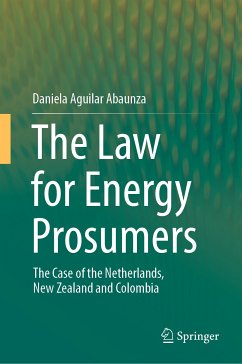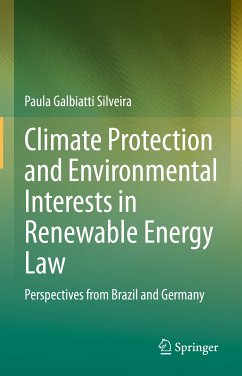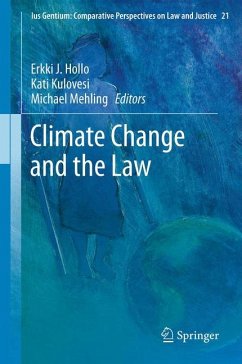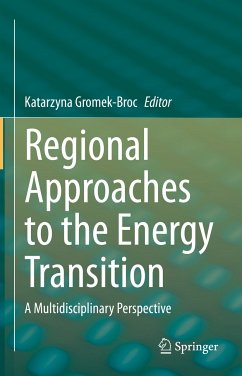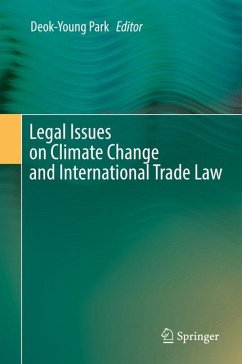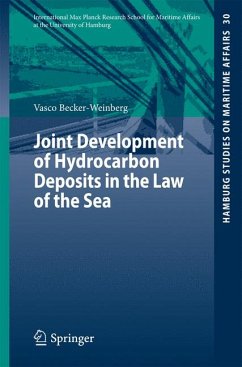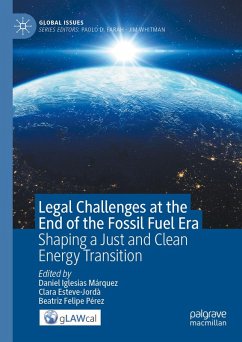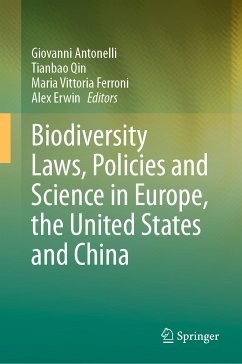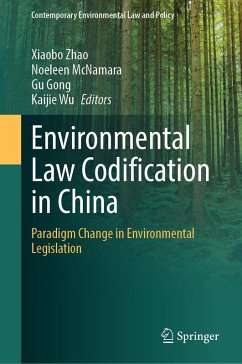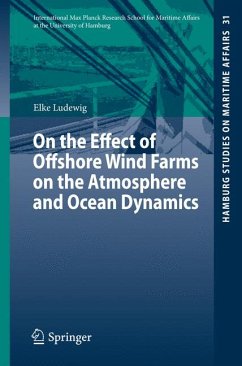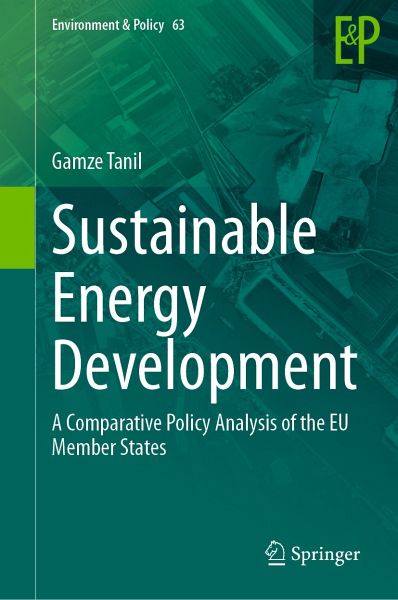
Sustainable Energy Development (eBook, PDF)
A Comparative Policy Analysis of the EU Member States
Versandkostenfrei!
Sofort per Download lieferbar
104,95 €
inkl. MwSt.
Weitere Ausgaben:

PAYBACK Punkte
52 °P sammeln!
This book investigates how the EU member states' domestic energy policies have transformed in the last two decades as a consequence of horizontal and vertical integration forces. Integration is a dynamic process where member states adopt community rules, norms, and values, and meanwhile, learn from each other's experiences. Today, Europe experiences an energy transition from fossil-fuels to cleaner sources of energy and European policy makers are committed to taking this significant step forward. Domestic structural change is, thus, observed in all member states' environmental and energy polic...
This book investigates how the EU member states' domestic energy policies have transformed in the last two decades as a consequence of horizontal and vertical integration forces. Integration is a dynamic process where member states adopt community rules, norms, and values, and meanwhile, learn from each other's experiences. Today, Europe experiences an energy transition from fossil-fuels to cleaner sources of energy and European policy makers are committed to taking this significant step forward. Domestic structural change is, thus, observed in all member states' environmental and energy policies.
This book presents an overview of the EU norms, legislation, and policy standards for renewable energies and analyses how member states transpose them into their domestic structure. The book also analyses the policy outcomes in the EU member states in a comparative perspective by using the most recent statistical data. This comparative analysis gives insight to investors anddevelopers to decide on investment projects and/or manufacturing of renewable energy devices to these countries. It also provides a useful reference for policy makers, academics, students, and NGOs who need a quick overview of relevant national and EU legislation, policy standards, and policy outcomes.
This book presents an overview of the EU norms, legislation, and policy standards for renewable energies and analyses how member states transpose them into their domestic structure. The book also analyses the policy outcomes in the EU member states in a comparative perspective by using the most recent statistical data. This comparative analysis gives insight to investors anddevelopers to decide on investment projects and/or manufacturing of renewable energy devices to these countries. It also provides a useful reference for policy makers, academics, students, and NGOs who need a quick overview of relevant national and EU legislation, policy standards, and policy outcomes.
Dieser Download kann aus rechtlichen Gründen nur mit Rechnungsadresse in A, B, BG, CY, CZ, D, DK, EW, E, FIN, F, GR, HR, H, IRL, I, LT, L, LR, M, NL, PL, P, R, S, SLO, SK ausgeliefert werden.



